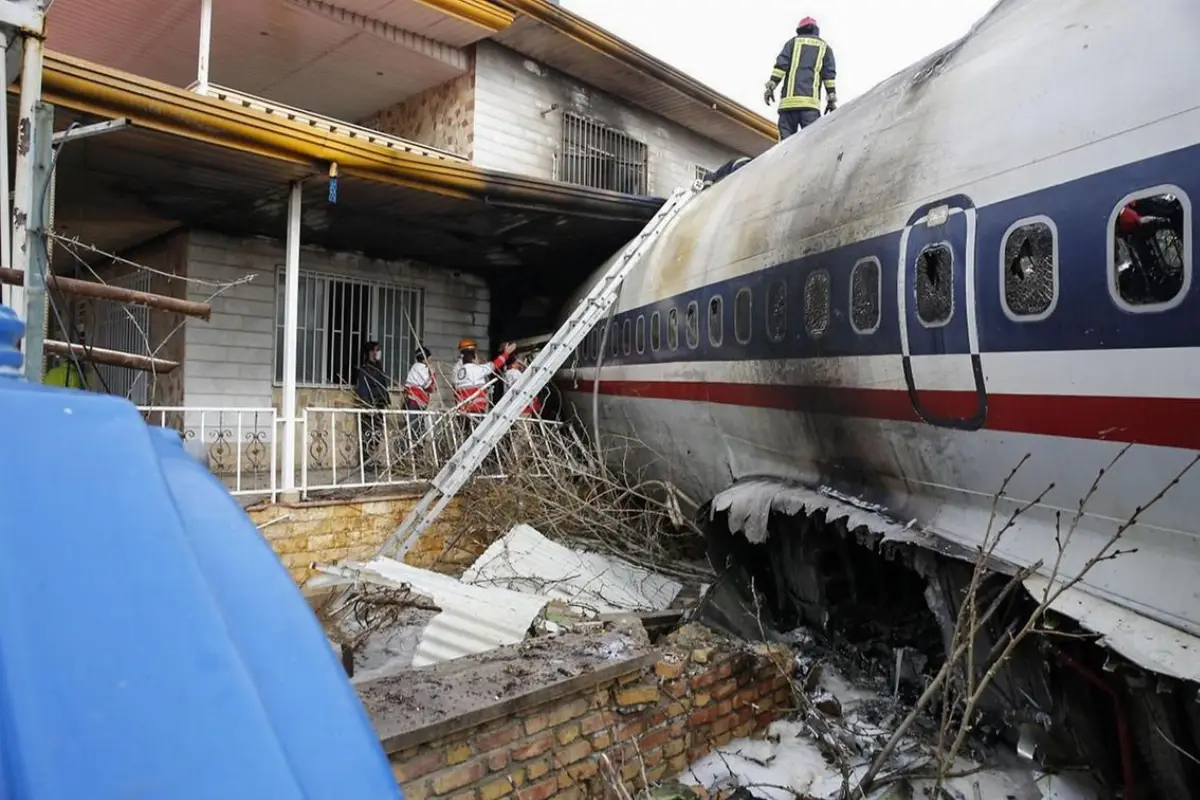
Safety: IATA updates the Manual for response to post-aircraft-incident crises
A detailed guide for assistance to families was presented today

From Xiamen the latest revision of its Emergency Response Best Practices Handbook, which for the first time devotes a full section to immediate and ongoing support for the relatives of victims, aligning with operational standards (IOSA) and international regulatory standards (ICAO)
The International Air Transport Association (IATA) launched today, at the industry event in Xiamen, an updated version of its Emergency Response Best Practices Handbook (Handbook of best practices for emergency response), which for the first time introduces an entire chapter dedicated to Family Assistance.
The integration of these guidelines responds to the need to ensure that in the event of aircraft accidents, the people affected —not only those on board but also their loved ones on the ground— feel supported, informed and treated with respect. This standard has long been a fundamental requirement of the IATA Operational Safety Audit (IOSA), and since 2022 it has been formalised as an international standard in Annex 9 (Facilitation) of the International Civil Aviation Organization (ICAO), with ICAO Document 9973 defining clear responsibilities for carriers, airports and handlers.
Nick Careen, senior vice-president for Operations, Safety and Security at Iata, commented: "Accidents are rare. But when they happen people are affected. This new chapter will help the aviation industry meet those expectations in a timely and effective manner, as documented in ICAO and IOSA standards".
The revised handbook provides practical tools to operators to meet these requirements. Key requirements of the ICAO guidelines incorporated into the IATA handbook and the new training courses include:
- Timely notification to families before releasing passenger names to the public.
- Establishment of dedicated airline teams to respond to enquiries and provide information to relatives.
- Establishment of a Family Assistance Center (Family Assistance Center) for the provision of essential services.
- Development of procedures for managing personal effects.
- Ensuring continuous contact, complaint handling, planning of commemorations and debriefing of staff in the days following an air accident.
In addition to publishing the handbook, IATA is introducing new training courses specific to family assistance and has integrated simulation exercises into its Emergency Response Planning (ERP) courses, to give frontline staff practical experience in management and emotional support during such emergencies.
AVIONEWS - World Aeronautical Press Agency